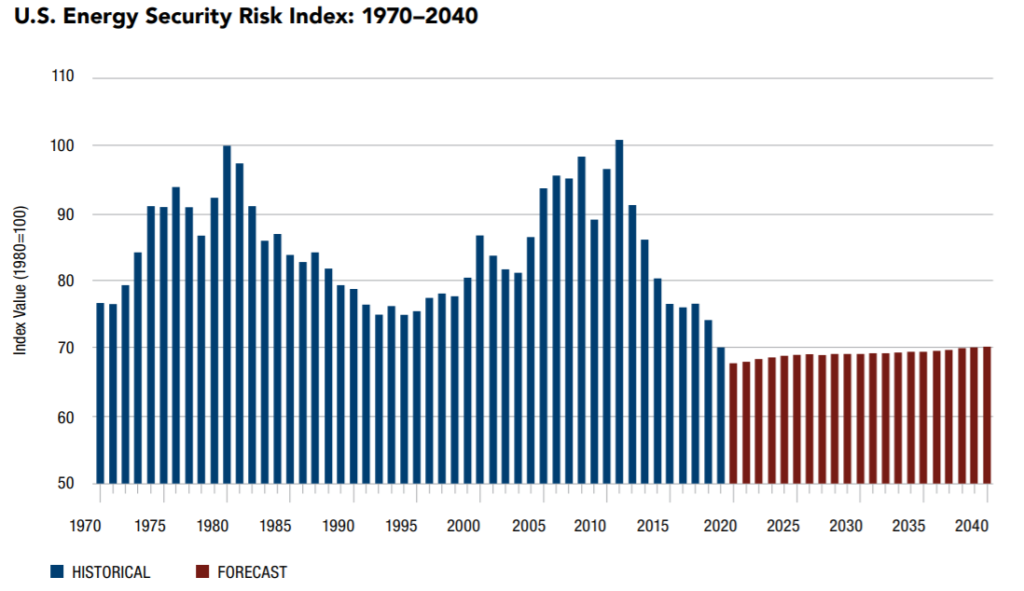Is the USA energy Secure?

Energy security is a critical concern for any nation, and the United States is no exception. As one of the largest energy consumers in the world, the US heavily relies on various energy sources to power its economy and ensure the well-being of its citizens. In this article, we will delve into the concept of energy security and evaluate the current state of energy security in the USA.
Understanding Energy Security
Energy security refers to the ability of a country to reliably and affordably access and utilize energy sources. It encompasses multiple aspects, including the availability of energy resources, the stability of energy supply, the resilience of energy infrastructure, and the affordability of energy for consumers.
Overview of US Energy Sources
The United States has a diverse energy portfolio that includes both conventional and renewable sources. Conventional sources such as oil, natural gas, and coal have historically dominated the energy mix, but there has been a growing emphasis on renewable energy in recent years. The US also imports energy from other countries to meet its demands.
Challenges to US Energy Security
Despite its vast energy resources, the United States faces several challenges when it comes to ensuring energy security. These challenges include geopolitical risks, dependence on foreign energy sources, aging infrastructure, environmental concerns, and price volatility in global energy markets.
Government Policies and Initiatives
The US government plays a crucial role in addressing energy security challenges through policies and initiatives. These include promoting domestic energy production, diversifying the energy mix, investing in infrastructure upgrades, encouraging energy efficiency, and supporting research and development of new technologies.
Impact of Global Energy Market on US Security
The global energy market has a significant impact on US energy security. Fluctuations in oil prices, geopolitical conflicts, and disruptions in energy supply chains can all affect the stability and affordability of energy in the US. To mitigate these risks, the United States closely monitors global energy trends and works towards reducing its dependence on foreign energy sources.
Technological Innovations and Future Prospects
Technological advancements have the potential to enhance US energy security. Innovations in renewable energy, energy storage, smart grid systems, and energy efficiency are paving the way for a more sustainable and secure energy future. Continued investments in research and development are crucial to unlocking the full potential of these technologies.
Conclusion
Ensuring energy security is an ongoing challenge for the United States, but it is also an opportunity for innovation and progress. By diversifying its energy sources, investing in infrastructure, promoting energy efficiency, and embracing technological advancements, the US can strengthen its energy security and pave the way for a sustainable and prosperous future.
Frequently Asked Questions
1. How does the US measure its energy security?
The US measures energy security through various indicators, including energy self-sufficiency, diversification of energy sources, energy intensity, and energy infrastructure resilience.
2. What are the major energy sources in the US?
The major energy sources in the US include petroleum, natural gas, coal, nuclear energy, and renewable sources such as wind, solar, and hydroelectric power.
3. What are the main challenges to US energy security?
The main challenges to US energy security include geopolitical risks, dependence on foreign energy sources, aging infrastructure, environmental concerns, and price volatility in global energy markets.
4. What role does renewable energy play in enhancing US energy security?
Renewable energy plays a crucial role in enhancing US energy security by reducing dependence on fossil fuels, diversifying the energy mix, mitigating environmental impacts, and promoting domestic energy production.

Leave a Reply